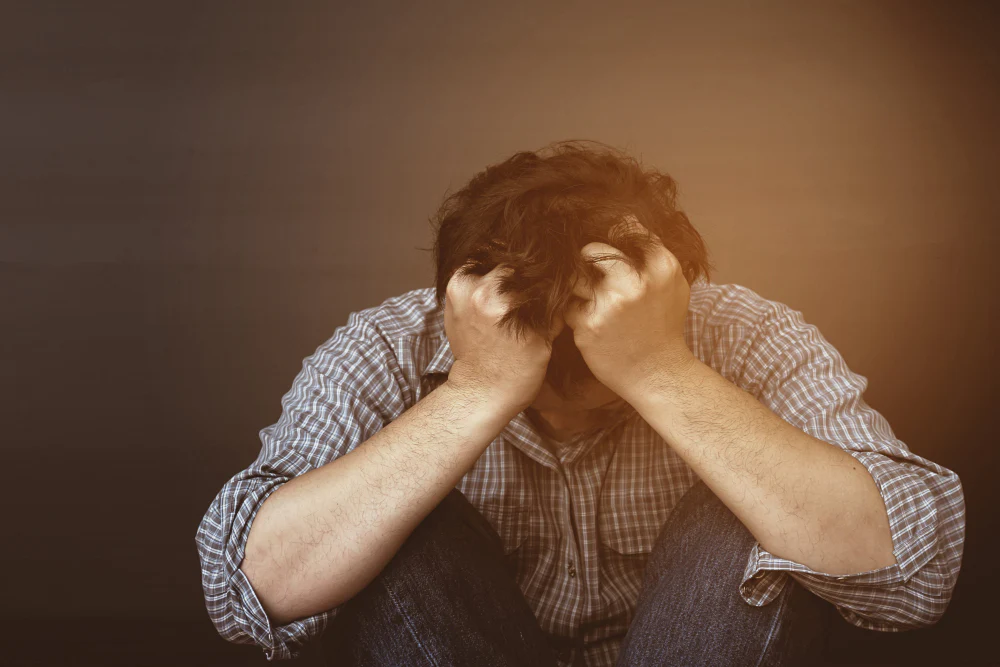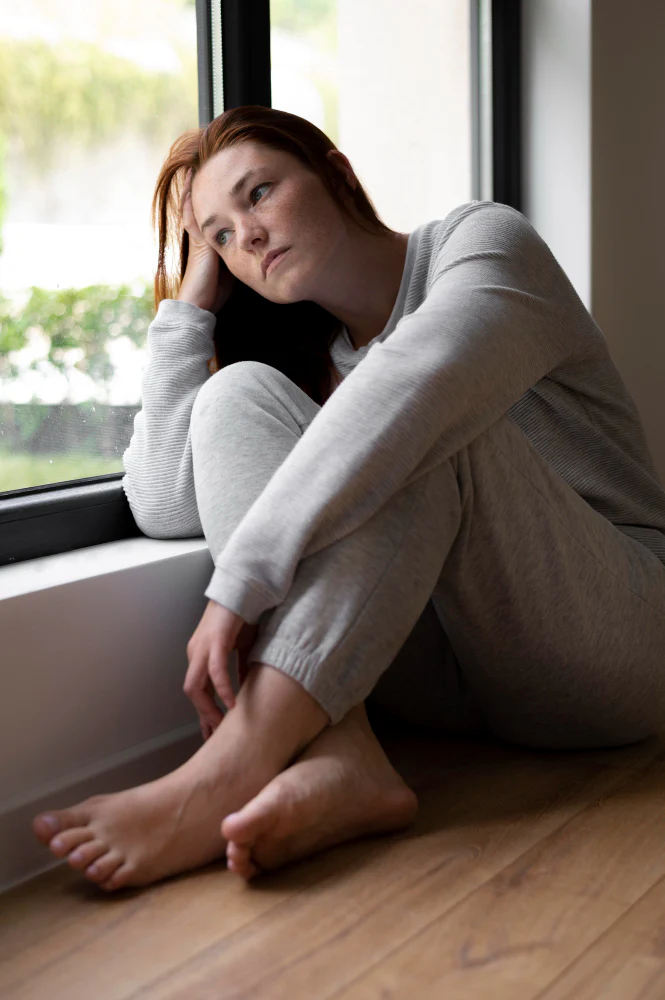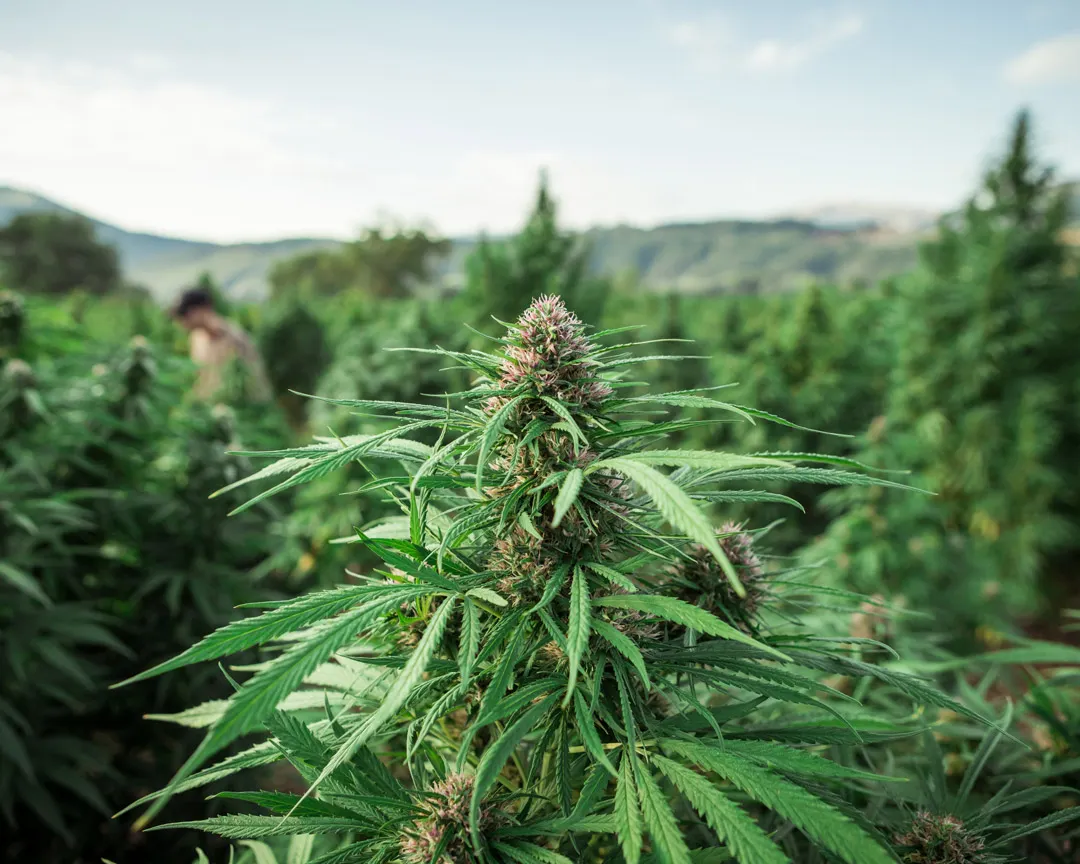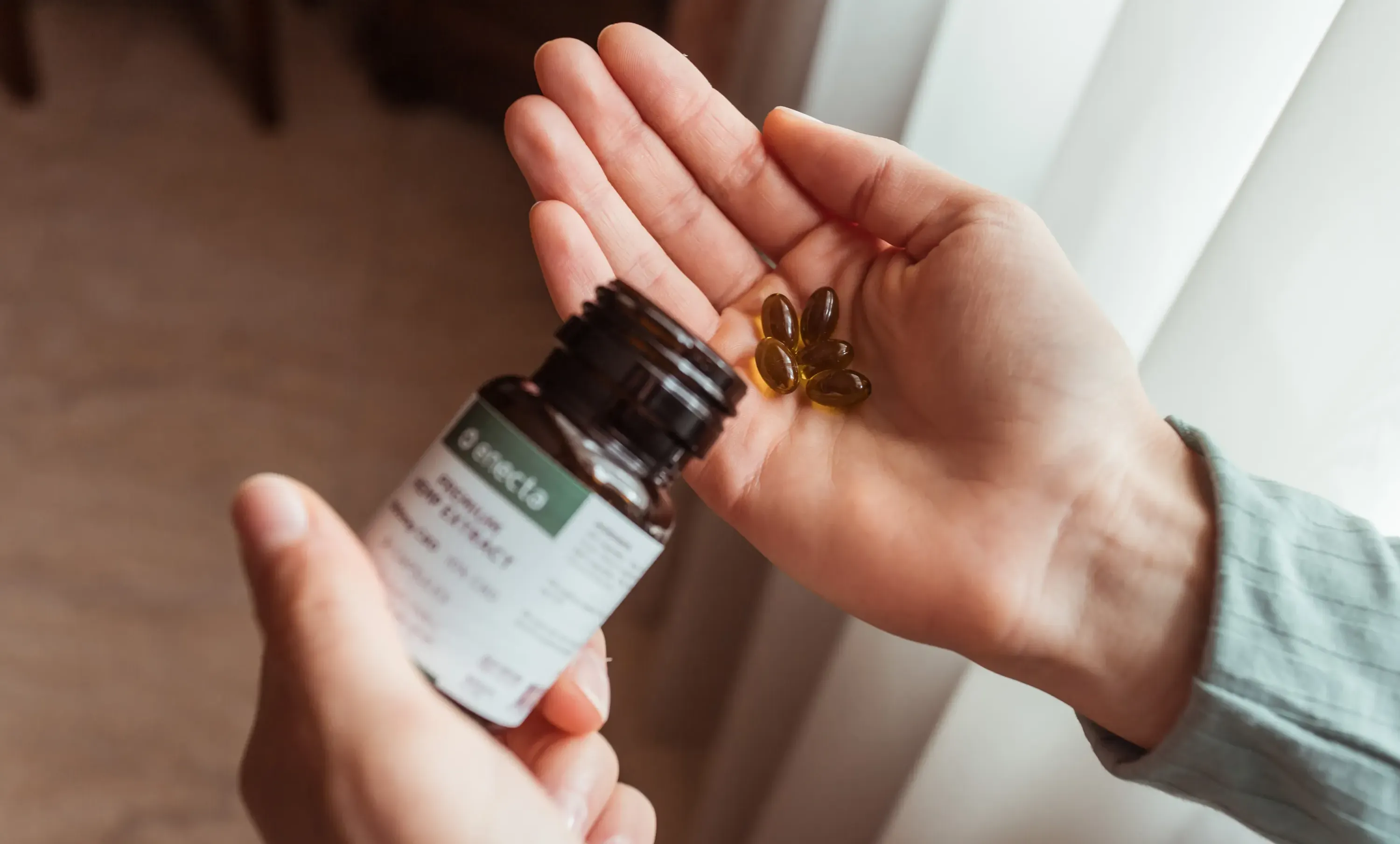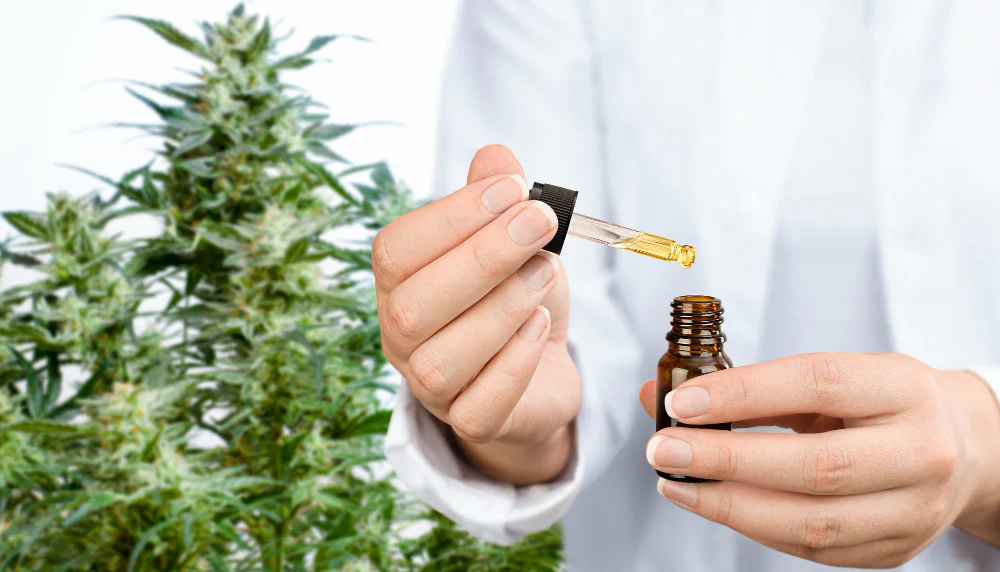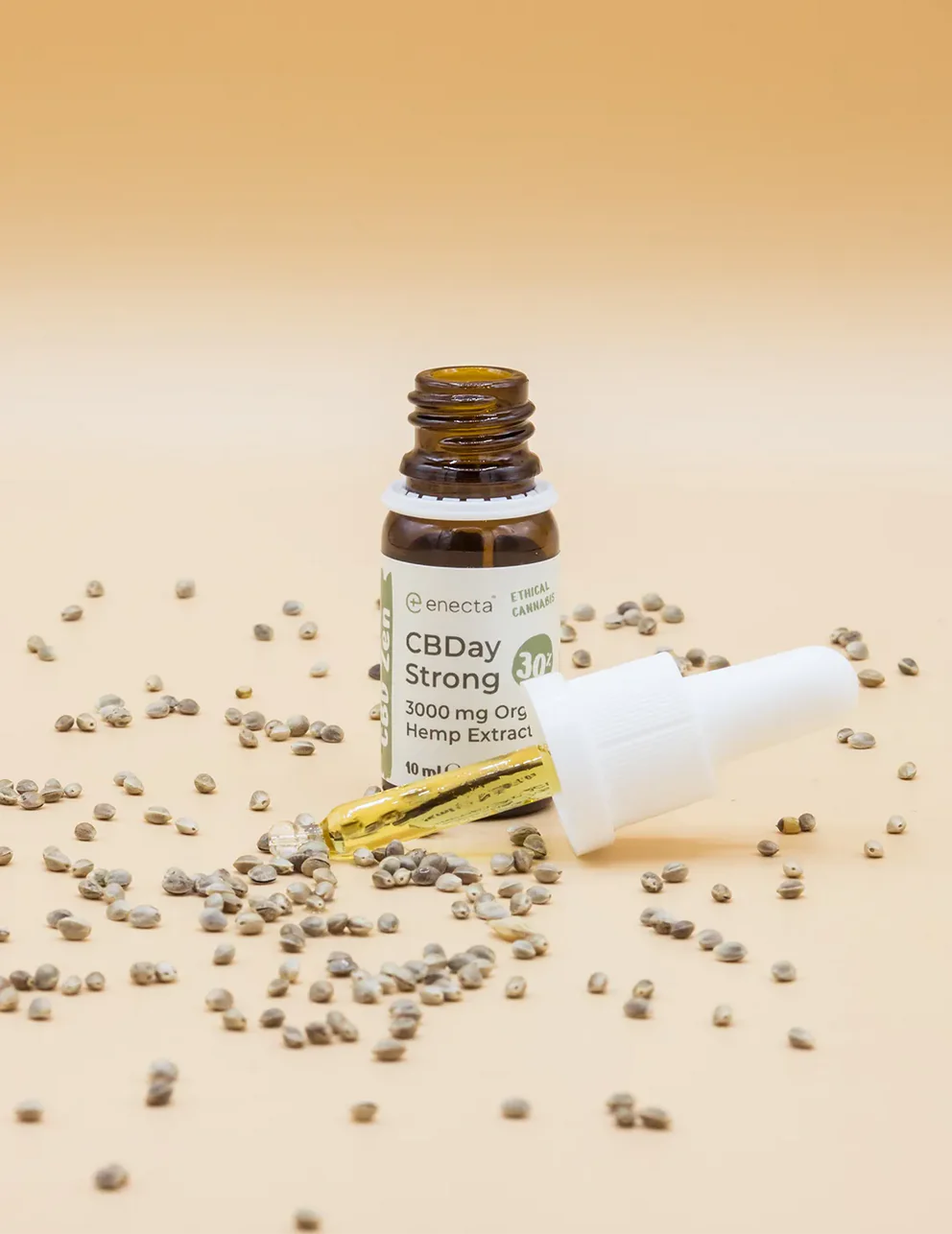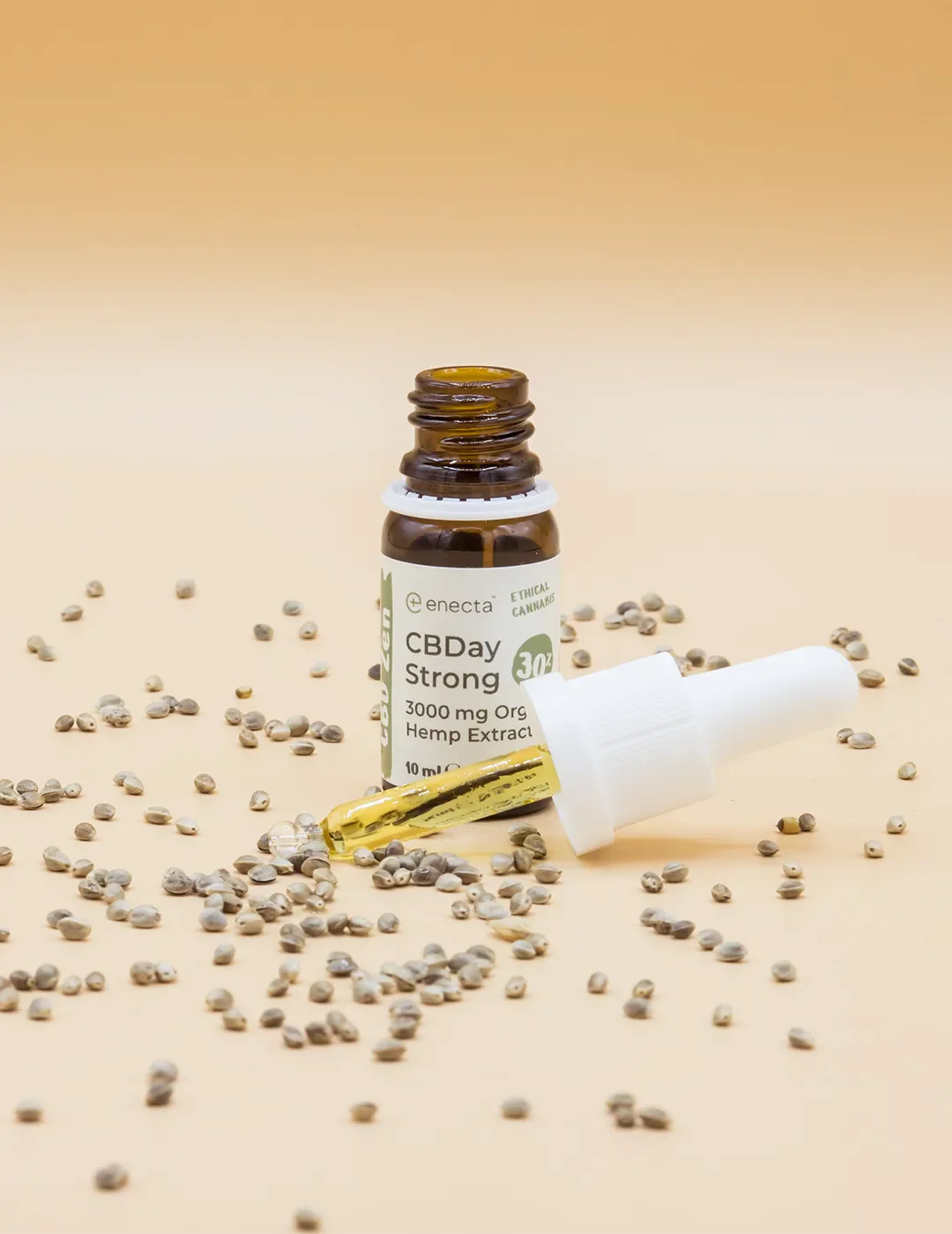If you want to use CBD for depression, you can choose between different options that can, of course, be combined. CBD oil Among the CBD products, the oil is undoubtedly, the most widely employed.
To take CBD oil, we recommend dropping the desired amount directly under the tongue. Thus, the active ingredient is already partially absorbed by the oral mucosa and can quickly unfold its beneficial effects. In addition to the rapid effect, the most significant advantage of CBD oil is that you can dose it with great accuracy and flexibility.
CBD Capsules: Those who are not particularly fond of the slightly bitter taste of CBD oil often turn to CBD capsules. They have a neutral taste and are unquestionably more practical than CBD oil. However, the dosage is much less flexible.
CBD Crystals: Since crystals usually contain between 98 and 99 percent CBD, you should only take them if you are already familiar with this natural active ingredient.
CBD Ointments: Topically applied CBD can support healthy joints and muscles. Thus, it contributes to an active lifestyle, which, in turn, positively impacts the mood.
